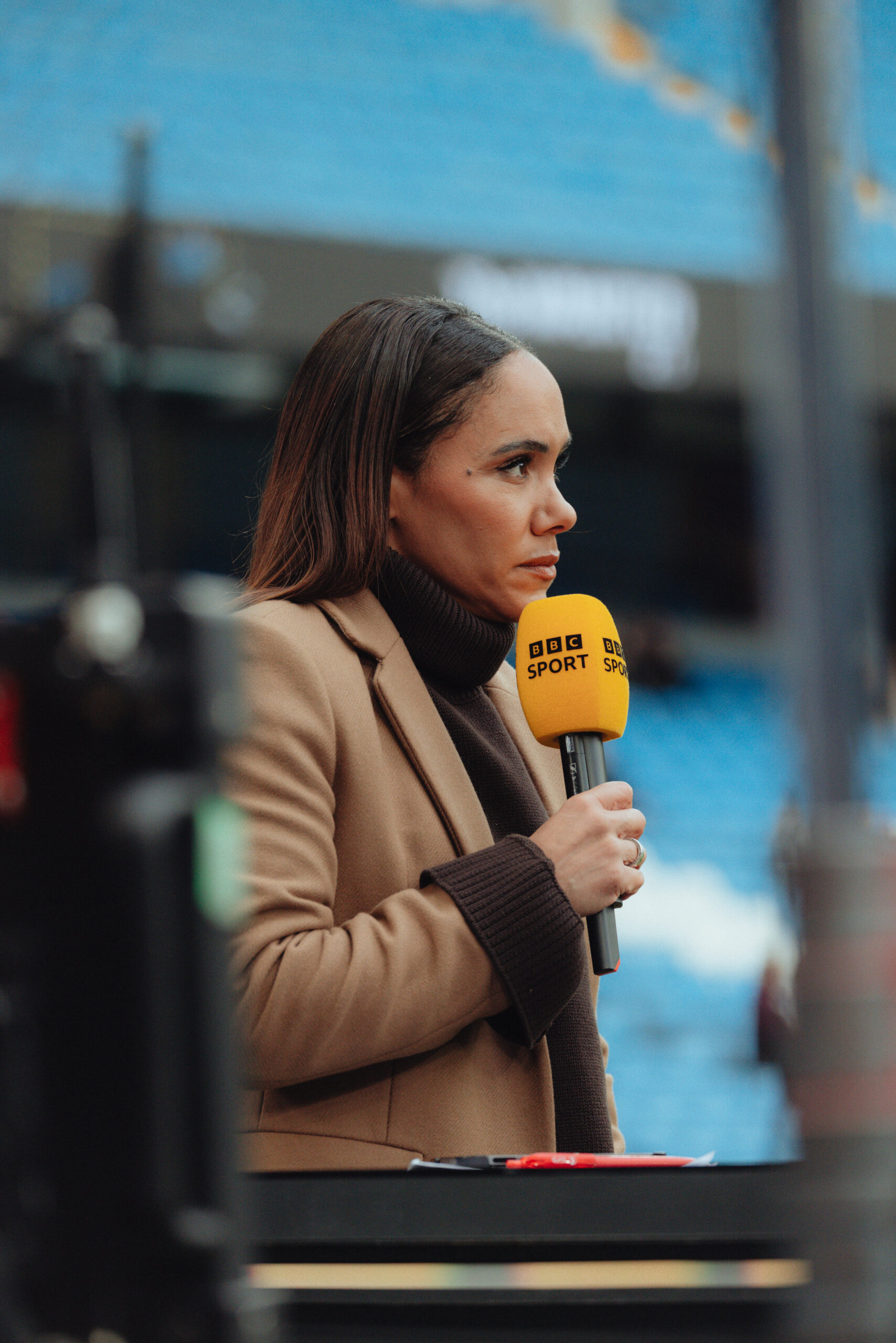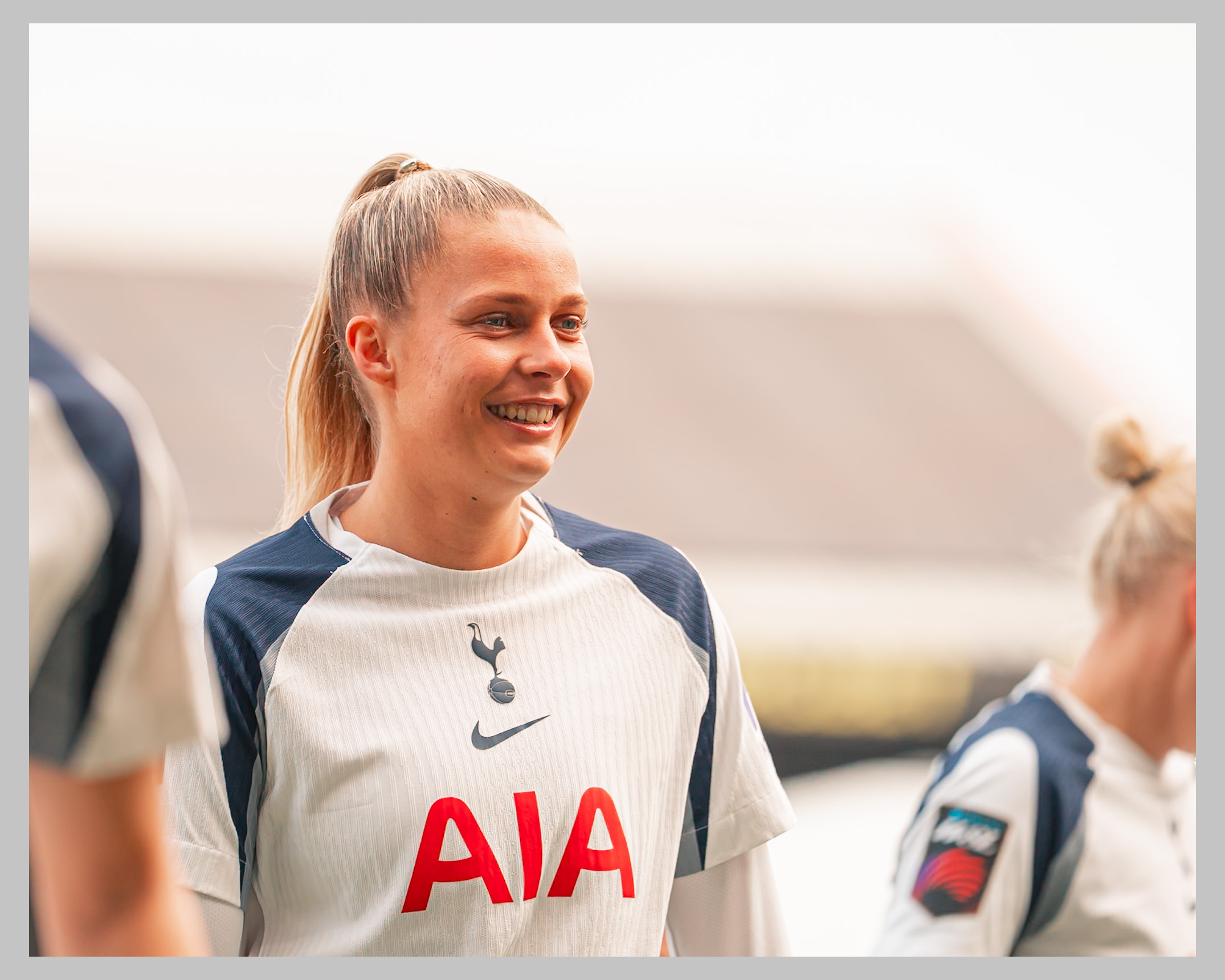A recent survey of over 50 A-League Women fans revealed what many already knew: this league holds a unique and powerful place in Australian sport. Supporters described it as “magical,” “safe,” “joyful,” and “homely.” More than just a competition, the ALW has become a space for community, belonging, and national pride.
But alongside that deep love sits a growing frustration. Fans overwhelmingly expressed concern about the lack of full-time professionalism, poor communication, limited access to matches, and underinvestment across the board. The A-League Women is carving out something special — but without structural change, the league’s momentum risks slipping away.
This is a pivotal moment. The ALW has the potential to be a global leader in how women’s football is developed, supported, and celebrated. But to do that, it must be treated as a top-tier competition — not an afterthought.
A League That Feels Like Ours
Most respondents to the survey said they’ve been following the ALW for fewer than five years. That isn’t a sign of casual fandom — it’s a reflection of how many new people are falling in love with this league, particularly in the wake of the 2023 FIFA Women’s World Cup. And they’re not just watching passively. They’re buying memberships, organising trips and coordinating tickets with friends, catching public transport to home games, and painting their faces in club colours.
“It’s the most fun sporting experience in Australia,” one fan wrote.
“It feels like you’re part of something bigger than yourself,” said another.
Multiple fans mentioned becoming closer to their siblings, partners, or friends through their shared love of the league.
A striking number of people also said they support the women’s team but not the men’s team of their club.
“We don’t have a men’s team — we’re broke,” a Canberra United supporter joked.
But even in cities with A-Leagues on both sides, many fans said the ALW was what really mattered to them. This isn’t a second-tier competition riding on the coattails of the men’s game. It’s a self-contained community that fans are choosing for themselves.
The World Cup — and What Comes Next
The 2023 World Cup was a cultural reset for Australian sport. It changed how people talked about football. It filled stadiums. It made household names out of Matildas — majority of whom came up through the A-League Women. But it didn’t change everything.
While the Matildas returned to record crowds, most ALW matches were still played in suburban grounds with limited advertising, midweek kickoff times, and inconsistent streaming access. The World Cup put the players on a pedestal. The league that built them was left behind.
That post-tournament disconnect isn’t lost on fans.
“The A-League Women is the foundation,” one fan said. “It made the Matildas who they are — we can’t act like it’s optional.”
Another put it bluntly: “If we want to win a World Cup one day, it starts here.”
The Professionalism Problem
The word that came up more than any other when fans were asked what they’d change about the ALW? Professionalism.
Right now, A-League Women players are not all full-time professionals. Many hold second jobs. Some juggle training around uni schedules or bar shifts. One fan wrote,
“They give everything to the game, and they can’t even afford to take proper recovery time.”
Another said, “We lose too many players to overseas leagues because we can’t offer them careers — only contracts.”
There are real risks here. Injuries become more likely when players aren’t resourced with medical care, nutrition, and rest. Mental health suffers when athletes aren’t paid enough to survive. And young talent drops out when the only visible pathway is unstable.
Fans aren’t asking for luxury. They’re asking for the bare minimum: that the athletes they idolise get the chance to thrive in their profession. Not part-time footballers. Not semi-pros. Just pros.
What Fans Are Asking For
Survey respondents were full of ideas — and not just dreams, but practical, implementable solutions. Here’s what came up most:
- More weekend matches: Weekday evening games make it impossible for many fans (especially young ones or those in regional areas) to attend.
- Marketing and communication: Many fans said they often can’t find out when or where games are on. Fixture changes aren’t well publicised, and club websites are often outdated.
- Better streaming: There’s no point growing the league if people can’t watch it. Multiple fans said they gave up trying to stream games due to glitches or poor coverage.
- Accessible venues: From proper disability parking to public transport links, fans said the current infrastructure often makes attending games difficult.
The message was clear: fans are already giving so much. All they want is for the league to meet them halfway.
Reputation Matters
For the A-League Women to attract international talent — and retain domestic stars — it needs more than paycheques. It needs a reputation. That reputation is built on consistency, care, and culture.
International players talk. Agents talk. If the ALW is known as a league where players don’t get paid on time, where facilities are inconsistent, or where visibility is low, top talent will go elsewhere. But if it becomes known as a league with a clear vision, full-time professionalism, and strong community support, it can become a destination — not just a stopover.
And when those players come, they elevate the league. They raise the standard. They inspire new fans. It’s a feedback loop — but it only works if the investment comes first.
Holding Onto the Soul
What fans don’t want is for the league to lose what makes it special. The intimacy. The joy. The feeling of connection that can’t be manufactured with fireworks or big screens.
One fan said, “I can talk to players after the game. I can bring my younger sibling and feel safe.”
Another wrote, “This league saved me during a hard time in my life — I found people who cared.”
That emotional currency is rare in sport. It shouldn’t be sacrificed. It should be protected.
The A-League Women has a chance to be a global leader in what an ethical professional league looks like. A league built not just on profit, but on people.
The Bottom Line
This isn’t a league with casual fans. It’s a league that creates identity. That builds community. That made the Matildas world-class. That gives girls across the country something to aim for.
But it can’t grow on love alone. It needs infrastructure. Investment. Vision. And, most of all, it needs the people in charge to see what fans already do: this isn’t just the future of football. It’s already here.
It’s ours. It always has been.



